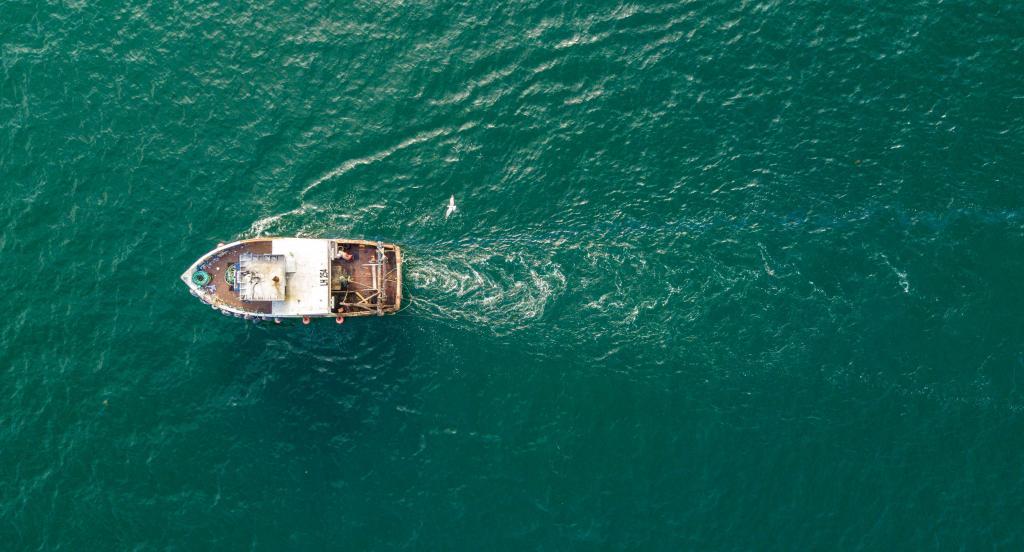
Immigration Minister, Robert Jenrick, has announced that the UK seafood and fishing sector will benefit from a package of new measures to help them attract new workers and find the skilled employees they need.
Which roles are now included within the Shortage Occupation List for the UK seafood and fishing sector?
Many roles within the fishing sector are already included on the list of occupations that are eligible for a skilled worker visa (such as engineers, fishmongers and deckhands on large fishing vessels of 9 metres and above). However, three roles will now be added to the Shortage Occupation List. This means that businesses can recruit people from abroad, into these roles, on a Skilled Worker Visa but at a lower cost to the business. The roles that will be added are:
- Share Fishermen
- Trawler Skippers
- Experienced Deckhands
The Shortage Occupation List
When recruiting for jobs on the Shortage Occupation List, the salary threshold that businesses must offer is 20% lower than other jobs which generally fall under the Skilled Worker visa scheme (so businesses can offer a salary of £20,960 instead of £26,200). Applicants for jobs on the Shortage Occupation List also pay lower application fees (£479 for a 3-year visa instead of £625).
These measures will be implemented before the 2023 summer fishing season and will undoubtably make it more attractive for employers to consider gaining a sponsor licence and hiring from abroad, as a way of overcoming recruitment challenges. Organisations in this sector who wish to make use of these changes, who do not already hold a licence, will need to submit an application promptly to have it in place before the start of the season.
As part of the £100 million UK Seafood Fund, funding will also be provided to ensure that the decisions on sponsor licence and visa applications are made quickly, and for no extra charge and that there are enough English language test appointments for foreign nationals taking up these roles.
UK seafood and fishing sector – understanding compliance and monitor obligations
The fishing industry has felt the impact of recent labour shortages and so this move to relax the requirements for international recruitment has been welcomed by many. People coming to work in the UK from abroad need a work visa, and this extends to the 12 nautical miles off the coast of the UK. The UK body that supports the fishing industry, ‘Seafish’ estimated that approximately 19 per cent of all fishing crews were foreign nationals.
In contrast, vessels which operate solely or mainly outside of UK territorial waters are not required to comply with UK work visa rules. Vessel owners can be fined for breaching Immigration Rules, so it is vital that businesses understand their compliance and monitoring obligations. At Stephens Scown, our Immigration team help businesses to apply for sponsor licences, organise skilled worker visas for employees and support with the ongoing compliance surrounding their licence.
